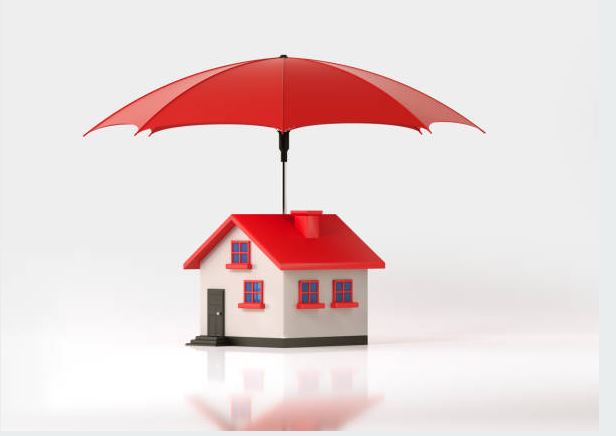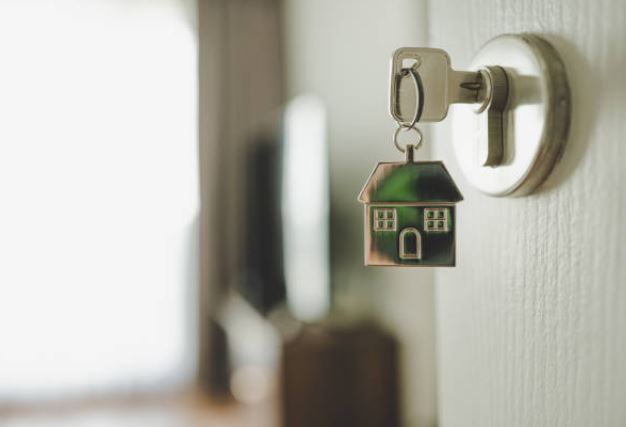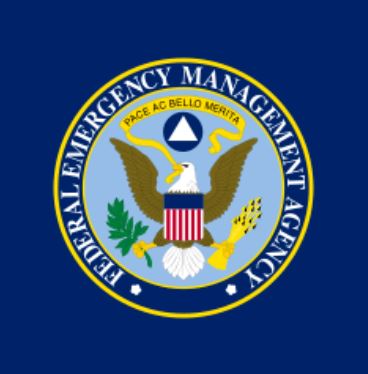Home Insurance or Homeowners Insurance
What is Home Insurance or Homeowners Insurance?
Homeowners insurance, also referred to as home insurance, is a type of coverage that all mortgage lenders require for borrowers. Unlike private mortgage insurance (PMI), the need to purchase homeowners insurance is not based on the size of your down payment. Instead, it is determined by the value of your home and property.
A home insurance policy offers protection to fix or replace your house and its belongings if they suffer damage due to incidents such as fire, smoke, water, theft, vandalism, storms, or other events mentioned in the policy. These incidents are referred to as “perils.”
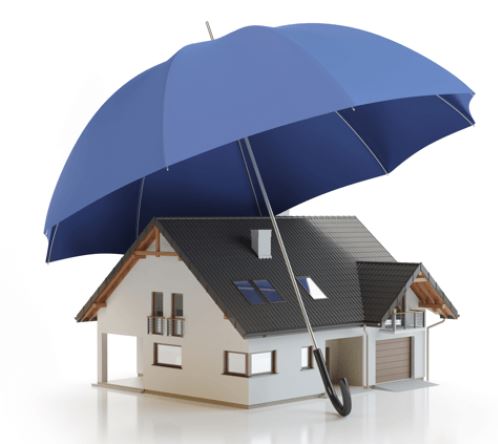
Besides covering the primary structure and any additional buildings, standard policies generally include coverage for repairing or replacing heating and cooling systems and their parts, like a furnace or water heater, if they’re damaged by a covered event.
Homeowners insurance also provides coverage for personal property within the home that’s damaged, lost, or stolen. Lastly, homeowners insurance also covers medical and legal expenses if someone who is not a member of your family or you gets injured while on your property.
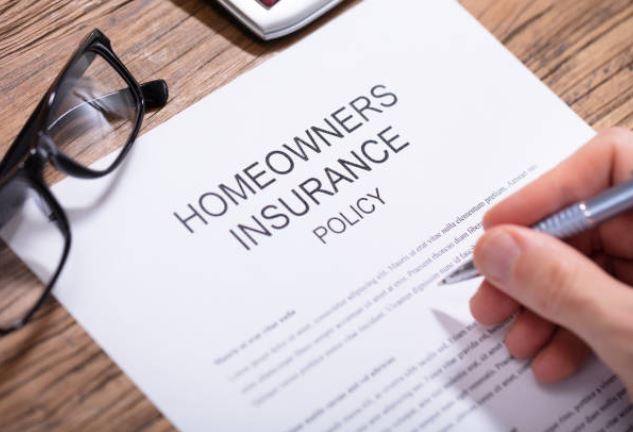
Why do we need Home and Homeowners Insurance?
If you are a homeowner, it’s highly recommended that you get homeowners insurance. In fact, if you’re planning to finance your home, your mortgage lender or bank will most likely require you to have it. This is because your lender wants to protect their investment in case of a catastrophic event, such as a flood, fire, hurricane, etc.
Even if you paid cash for your home or have paid off your mortgage, it’s still a wise decision to have homeowners insurance. This will help you avoid financial troubles if something were to happen to your home or belongings.
The same principle applies if you buy a co-op, a condo, or a mobile home. If you borrow money to purchase it, your lender will probably require you to have a policy, no matter what type of home it is. Moreover, condos or private community associations may also mandate homeowners insurance to cover shared property and amenities, such as a tennis court, a swimming pool, common walls, or a shared roof.

Even if you’ve paid off your mortgage, bought your home with cash, or inherited it without a mortgage, having homeowners insurance is still highly recommended. This is because most homeowners don’t have enough funds available to rebuild or make significant repairs if their home suffers heavy damage or is completely destroyed. In such cases, a homeowners policy can be a lifesaver as it costs much less than rebuilding out of pocket.
Additionally, most standard policies provide coverage to help you replace your furniture, clothing, and other possessions that may be lost due to a fire, storm, or any other catastrophic event.
What is covered by Homeowners Insurance?
Homeowners insurance provides coverage for damages or losses to your home, personal belongings, and individuals who might get injured on your property. Here’s a breakdown of the standard coverage included in a homeowners insurance policy:
- Personal property coverage: It insures your personal belongings, such as furniture, appliances, electronics, and clothing. You can get reimbursement for lost or damaged items based on either the full replacement value or the actual cash value of the item after depreciation. You may need to pay higher premiums or purchase additional coverage for valuable belongings, such as art and jewelry.
- Dwelling coverage: This coverage applies to damages caused by events such as fire, smoke, theft, vandalism, or severe weather. While damages from lightning, wind, and hail are generally covered, separate insurance is required for floods and earthquakes. This coverage also extends to other detached structures on your property, such as a garage, barn, or shed.
- Personal liability coverage: It is designed to protect you if someone gets injured while on your property. If you are sued, your policy can help cover your legal expenses and fees. If the person is injured, your policy may also cover their medical expenses, including X-rays, ambulance rides, and hospital stays.
- Living expenses coverage: It can help pay for your expenses if you are forced to leave your home due to a covered condition. This can include events like a fire, tornado, or other immediate or imminent hazards that local authorities may prohibit you from staying in your neighborhood.
Homeowners’ insurance companies often offer additional insurance or add-ons to their policies to meet specific needs, including:
- Mobile or manufactured home coverage, which covers damages to a permanent structure. Many insurers offer separate homeowners policies specifically designed to cover mobile homes and manufactured homes.
- Flood and earthquake insurance are usually sold as separate policies that provide coverage for damages caused by each specific event. While not all insurance companies offer flood or earthquake insurance, you may be required to purchase one of these policies depending on where you live. FEMA provides an interactive flood map on its website that can help you assess the risk of flood in your area.
Where do we buy Home or Homeowners Insurance?
If you’re looking to purchase homeowners insurance, you can start by checking out insurance company websites which usually provide information on what’s covered, what’s not, and available options. However, finding all the specifics online may not always be easy. Since homeowners insurance is a significant purchase, many insurance companies suggest working with a licensed insurance agent in your area who can help you find the right policy for your needs.
If you choose to work with an agent, they can help you find the right price point as well. Company and captive agents work exclusively with one company and can help tailor a policy to your needs, while independent agents can get quotes from several companies to find the best deal for you.

Insurance websites offer estimating tools to help you determine the cost of a homeowners insurance policy based on your home and its contents. Bundling policies such as home and auto insurance is a common way to save on homeowners insurance.
How much does homeowners insurance typically cost?
The cost of homeowners insurance depends on various factors, such as the location, age, size of the home, and likelihood of weather events. On average, premiums range from $100-$170 per month. Homes located in areas with higher crime rates, rebuilding costs, or stricter building codes may have higher insurance costs. Additionally, homes located far from professional fire departments may have higher premiums than those nearby.

There are several factors that can affect the cost of homeowners insurance, including the location, age, and condition of your home, as well as the need for additional coverage for valuable items. Security systems and fire alarms can help lower premiums, and higher deductibles typically result in lower premiums. It’s a good idea to review your coverage and costs annually, as coverage needs can change over time, and comparing rates from different insurers can potentially save you money.
How do we purchase Home or Homeowners Insurance?
If you’re in the market for homeowners insurance, follow these steps to purchase a policy:
- Determine what you want to be covered under your policy.
- Calculate how much coverage you need for your home.
- Research and select an insurance company.
- Choose the policy that best fits your needs.
How to Choose a Homeowners Insurance Company?
When choosing a homeowners insurance company, consider the following factors:
- Coverage availability in your area
- Competitive rates and discounts
- Good financial strength rating
- Positive reviews from customers and professional sources
- 24/7 assistance through the website, live operators, or local agents
- Choosing the right homeowners’ insurance company means finding one that offers the coverage you need at a price that fits your budget, provides excellent customer service, and has a solid financial standing.
There are various types of homeowners insurance coverage, including:
- Actual cash value, which factors in depreciation when calculating reimbursement amounts for your home or belongings.
- Replacement cost value covers the cost of rebuilding your home as it stands today without considering depreciation.
- Modified replacement cost value, which is designed to cover older homes and does not factor in depreciation, may replace original features with modern materials.
- Extended cost value coverage provides additional coverage beyond your policy limit, typically ranging from 20-25%.
- Guaranteed cost value, which does not place any dollar limits on replacement costs but may not cover upgrades to meet current building codes.
How can we decrease our homeowners’ insurance premiums?
- If you want to lower your homeowners’ insurance premium, there are a few things you can do. Here are some money-saving tips from the Insurance Information Institute:
- Increase your deductible from $500 to $1,000. This can lower your premium by as much as 25%.
- Upgrade your home to make it more weather-resistant, such as adding impact-resistant roofing materials or hurricane shutters.
- Be a loyal customer. Policyholders who stay with the same insurer for five to 10 years can see premium discounts of 5% to 10%.
- Install smoke detectors, a basic home security system, and deadbolt locks. This can result in a modest premium discount of around 5%.
- Keep your home in good repair to prevent slips, trips, and falls. Fixing loose decking, uneven stairs, or cracked pavement can also reduce the odds of storm damage from falling tree limbs.
The following is a list of the top homeowners’ insurance companies in the U.S. for 2023, based on extensive research and an exclusive methodology:
- Lemonade
- USAA
- Amica
- Allstate
- State Farm
- Nationwide
- American Family
- Erie Insurance
- Liberty Mutual
- Chubb
- Progressive
- Farmers Insurance
Conclusion:
Homeowners insurance, also known as home insurance, is necessary for every homeowner as it provides protection for the home and its contents from various perils, such as fire, theft, and natural disasters. It also covers medical and legal expenses if someone gets injured on your property. Even if you paid off your mortgage, it’s still advisable to have homeowners insurance to avoid financial troubles if something happens to your home or belongings. The cost of homeowners insurance varies depending on several factors, such as location, coverage, and deductibles. You can purchase homeowners insurance online, but it’s recommended to work with a licensed insurance agent to find the best policy for your needs.
Read Also: Car Insurance: Types, Services, Instructions for Getting Policy
To Read More about it: Click here

